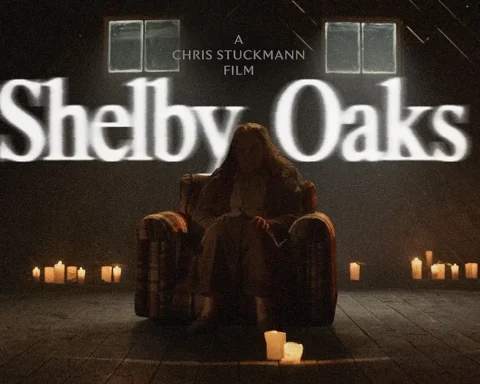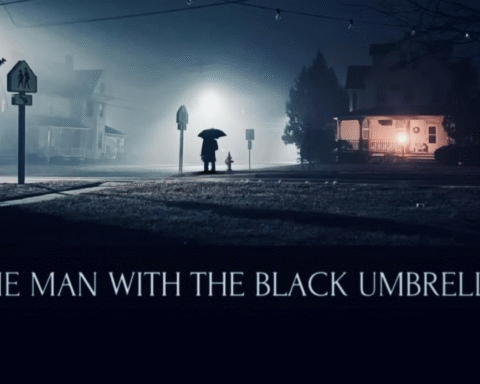The enduring legacy of Cruel Intentions is undeniable. Since its 1999 debut, the film has captured audiences with its provocative themes, morally ambiguous characters, and razor-sharp dialogue. Based on Pierre Choderlos de Laclos’ 1782 novel Les Liaisons Dangereuses, the movie offered a contemporary take on the French epistolary classic, transposing the story of manipulation and betrayal into the lives of Manhattan’s wealthy elite. Now, in 2024, Prime Video revisits this iconic tale with a TV series that seeks to modernize the story for a new generation while maintaining the seductive, dangerous essence that made the original so captivating. But does this adaptation succeed? How does it measure up to its cinematic predecessor and the literary work that inspired it?
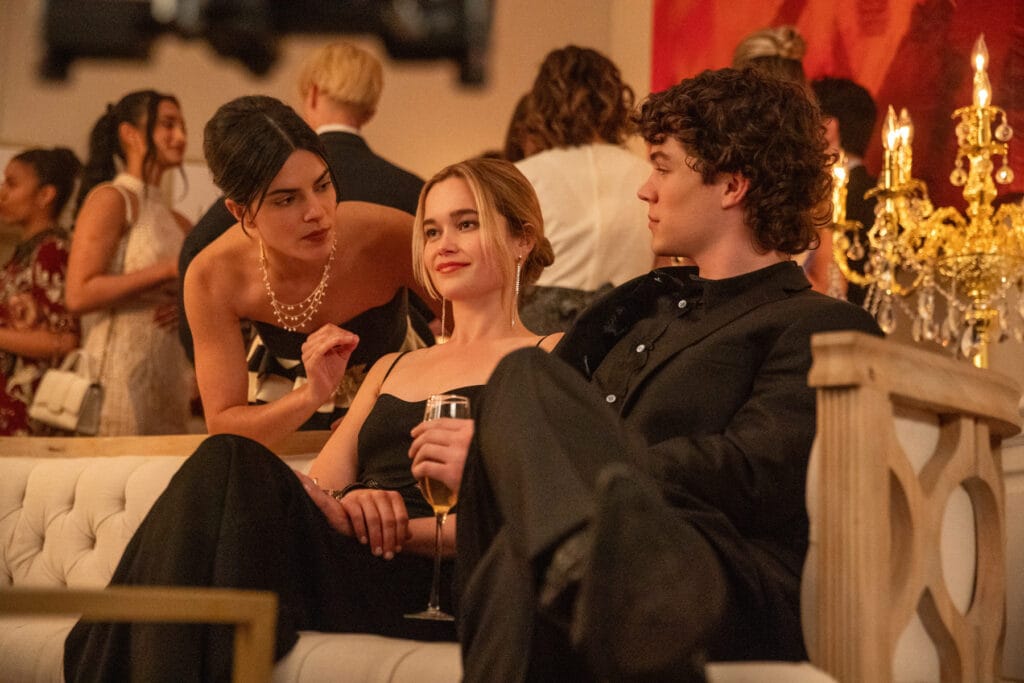
A Modernized Setting: From Manhattan to Manchester College
One of the most significant shifts in the Prime Video series is its setting. The 1999 film unfolded against the backdrop of Manhattan’s opulent socialite culture, showcasing the idle games of Kathryn Merteuil and Sebastian Valmont as they exploited the vulnerabilities of others for personal amusement. In contrast, the series relocates the story to Manchester College, embedding the narrative within the dynamics of Greek life on a picturesque yet cutthroat campus. This change in setting is more than cosmetic; it reorients the stakes of the story, focusing on themes of power, exclusivity, and hierarchy within a collegiate framework.
Caroline Merteuil, portrayed by Sarah Catherine Hook, reigns as the queen of Delta Phi, a sorority that epitomizes wealth and privilege. Her ambition to preserve Greek life amidst mounting opposition mirrors her predecessor Kathryn’s hunger for control, but the sorority setting introduces new layers of social commentary. Hazing rituals, class divides, and the pressures of maintaining appearances are explored with a contemporary lens, making the series feel more relevant to today’s viewers. Meanwhile, Caroline’s stepbrother Lucien Belmont (Zac Burgess) operates as her counterpart, a morally ambiguous figure whose motivations echo Sebastian Valmont’s but lack the same enigmatic charm that made Ryan Phillippe’s performance so unforgettable.

Character Parallels and Reimaginations
The Prime Video adaptation introduces a fresh cast of characters, each serving as modern counterparts to those in the 1999 film. Caroline Merteuil steps into Kathryn’s shoes, complete with her signature cruelty and manipulative prowess. However, the addition of Caroline’s mother, Claudia (Claire Forlani), brings a new dimension to her character. The strained mother-daughter relationship adds psychological depth, suggesting that Caroline’s ruthless ambition stems not merely from innate malice but from a desperate need for validation. This exploration of familial dysfunction is a notable departure from the original film, where Kathryn’s motivations remained opaque, leaving her as a near-mythic embodiment of cunning.
Lucien Belmont’s characterization also diverges significantly from Sebastian Valmont’s. While both characters share a penchant for manipulation and a complicated relationship with their stepsisters, Lucien’s arc feels less impactful. The decision to spare him from the tragic fate that befell Sebastian in the movie’s climactic moments arguably undermines the moral weight of his redemption arc. By keeping Lucien alive and positioning him for further storylines, the series sacrifices the poignant resolution that gave the film its emotional resonance.
Other characters, such as Annie Grover (Savannah Lee Smith) and CeCe Carroway (Sara Silva), reimagine Annette Hargrove and Cecile Caldwell, respectively. Annie’s portrayal as the naive yet strong-willed daughter of the Vice President aligns with Annette’s moral compass, but the series’ expanded runtime allows for a more gradual unraveling of her entanglement in Caroline and Lucien’s schemes. CeCe, on the other hand, brings a chaotic energy reminiscent of Cecile while navigating her own subplots, such as her complicated relationship with Professor Hank Chadwick (Sean Patrick Thomas, reprising his role in a new guise). This casting choice serves as a clever nod to the original film, though Hank’s storyline feels somewhat underdeveloped in comparison.
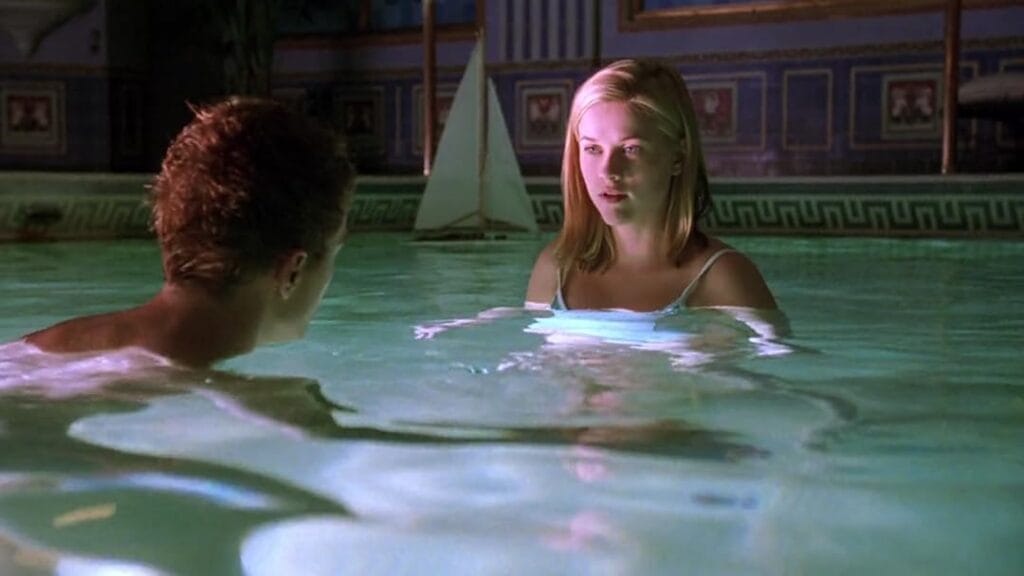
The Shift in Tone: Seduction vs. Social Commentary
While the original Cruel Intentions was steeped in seductive menace, the series leans heavily into social commentary. The setting of Manchester College allows for an examination of issues such as hazing, class inequality, and the toxic dynamics of Greek life. Beatrice Worth (Brooke Lena Johnson), a newcomer intent on dismantling the Greek system, serves as a foil to Caroline, highlighting the moral rot at the heart of Delta Phi. Her ongoing resistance injects a sense of activism into the narrative, but it also shifts the tone away from the sultry, foreboding atmosphere that defined the film.
This tonal shift is perhaps most evident in the portrayal of Caroline and Lucien. While Sarah Michelle Gellar and Ryan Phillippe brought a dangerous allure to their roles, Hook and Burgess’ performances feel more grounded in realism, focusing on the psychological underpinnings of their characters’ actions. This approach offers a deeper understanding of their motivations but sacrifices some of the theatricality that made the original so compelling. Additionally, the incorporation of contemporary issues such as revenge porn and social media manipulation adds relevance but occasionally feels contrived, detracting from the timeless quality of the story.
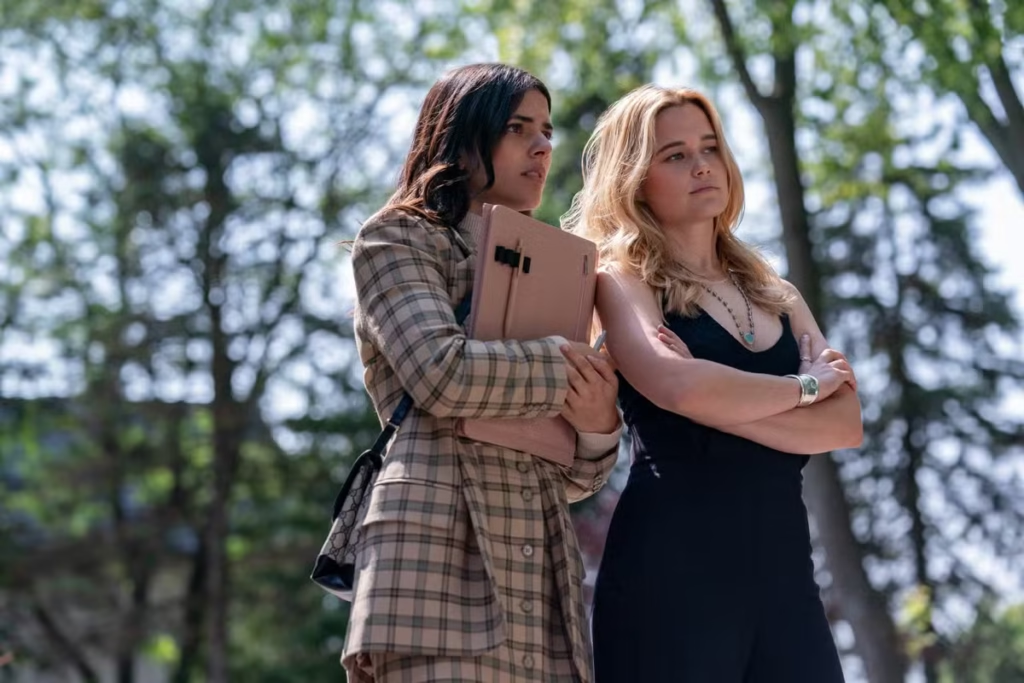
A Tale of Two Endings
One of the most striking differences between the series and the film lies in their respective endings. The 1999 movie culminates in a dramatic denouement where Sebastian’s death serves as the ultimate consequence of his misdeeds, and Kathryn’s public humiliation delivers a sense of poetic justice. In contrast, the series opts for a more open-ended conclusion, likely designed to set up a potential second season. Lucien’s survival and his unresolved tensions with Annie leave room for further development, but they also dilute the impact of his character’s arc.
The handling of the infamous journal—a central plot device in the film—undergoes a notable transformation in the series. Instead of a written diary, Lucien’s sex tapes serve as the equivalent instrument of exposure. However, their release lacks the devastating consequences that Kathryn faced in the movie. While the tapes drive a wedge between Lucien and Annie, they fail to dismantle Caroline’s power, leaving her reign intact. This narrative choice reflects the series’ emphasis on prolonged conflict over resolution but at the expense of the catharsis that defined the original’s finale.
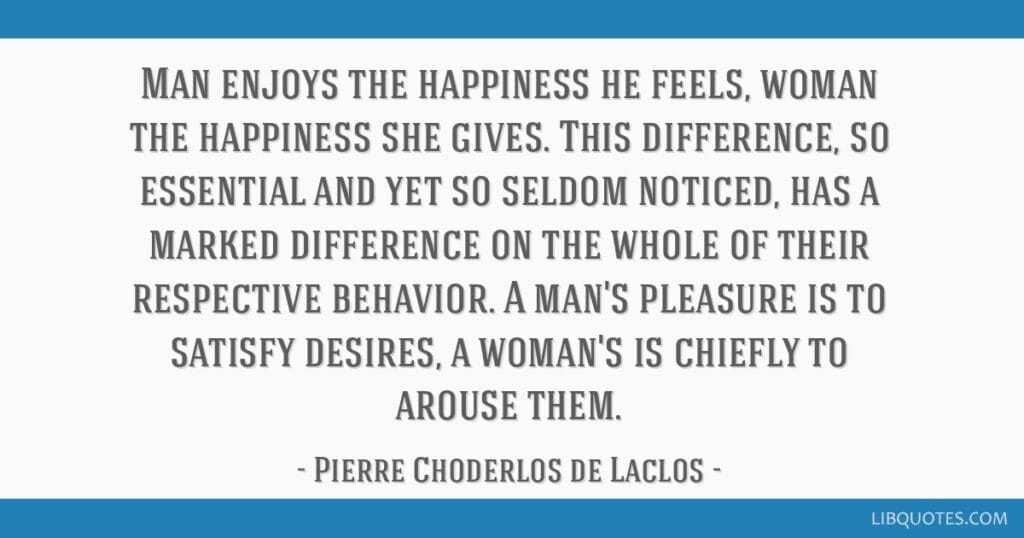
The Legacy of Les Liaisons Dangereuses
To fully appreciate the evolution of Cruel Intentions, it is essential to consider its origins in Pierre Choderlos de Laclos’ Les Liaisons Dangereuses. The 18th-century novel was a scathing critique of the French aristocracy, exposing the moral decay and manipulative games of its privileged characters. The novel’s epistolary format allowed for a layered exploration of power dynamics and deceit, themes that have persisted through its various adaptations.
The 1999 film captured the spirit of Laclos’ work while adapting it for a late-20th-century audience. Its sharp dialogue, magnetic performances, and unapologetically dark tone resonated with viewers, solidifying its status as a cult classic. The Prime Video series, while ambitious in its modernization, struggles to strike the same balance. By incorporating contemporary issues and expanding the narrative, the show risks losing the timeless quality that made both the novel and the film enduringly relevant.

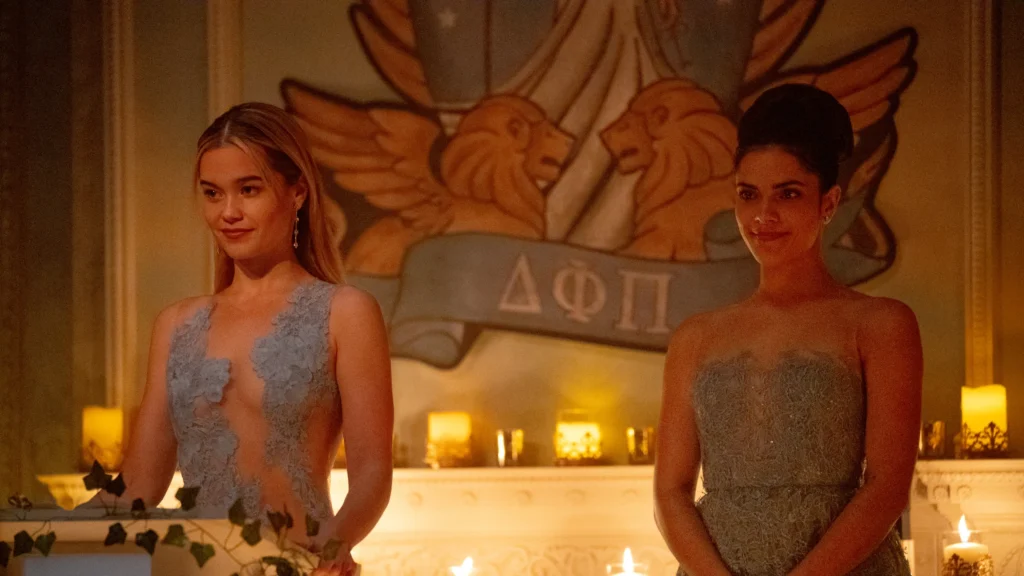

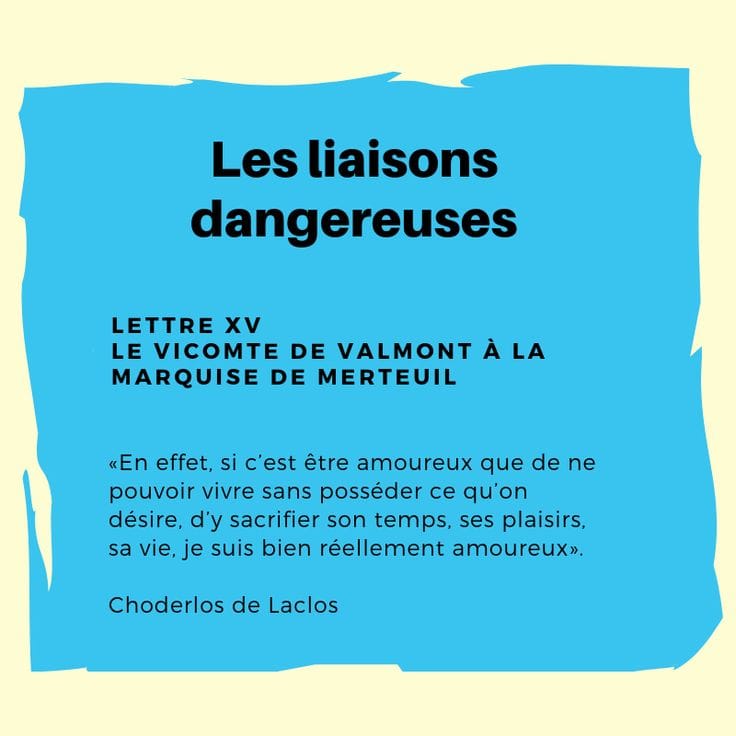
A Deeply Flawed Yet Notable Adaptation
Prime Video’s Cruel Intentions is a bold attempt to reimagine a classic tale for a new era. Its exploration of power, privilege, and morality within the context of Greek life offers fresh perspectives, and the expanded runtime allows for more nuanced character development. However, the series often falters in its execution, with contrived plot points and a tone that veers away from the seductive menace of its predecessors.
Compared to the 1999 film, the series lacks the magnetic performances and tightly woven narrative that made the original so compelling. Meanwhile, its relationship with Les Liaisons Dangereuses is both a strength and a limitation, as the show struggles to reconcile the timeless themes of the novel with its modern setting.
Ultimately, the Prime Video adaptation is an intriguing but imperfect entry in the Cruel Intentions canon. For fans of the original movie and Laclos’ novel, it offers a fresh take on familiar themes, even if it fails to recapture the magic of its predecessors. As the series looks toward a potential second season, it remains to be seen whether it can refine its approach and carve out a legacy of its own.



